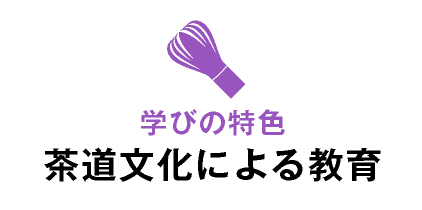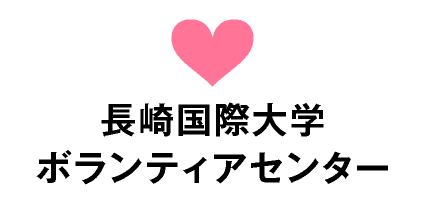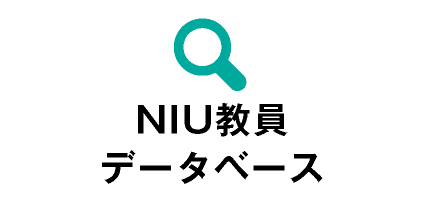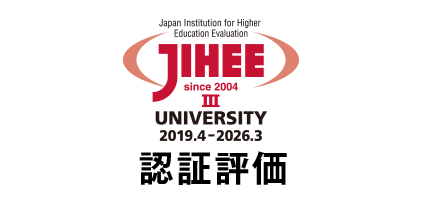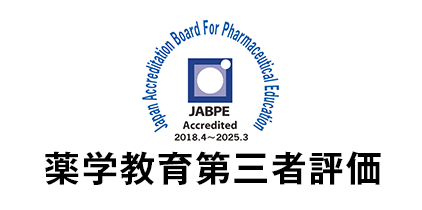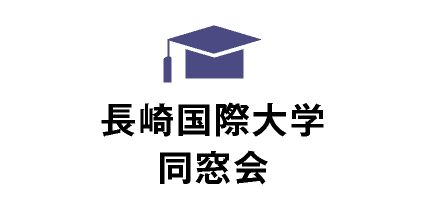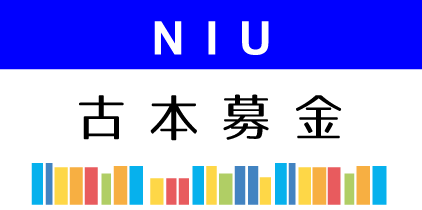Under the basic philosophy of "respect for human beings", NIU was founded in 2000 through a “public private partnership” among our parent organization, an educational foundation Kyushu Bunka Gakuen, Nagasaki Prefecture, Sasebo City, and the local business community. In fact, it was founded owing to the great expectation, and enthusiasm we receive from the community.
Since its foundation, NIU established the Faculty of Health Management in 2002, the Graduate School of Human and Social Studies in 2004, the Faculty of Pharmaceutical Sciences and the Graduate School of Health Management in 2006 and the Graduate School of Pharmaceutical Sciences in 2014 and has grown into a comprehensive university with four departments in three faculties and five courses (master or doctorial) in three graduate schools.
In such professional education curriculums related to “life, health, and livelihood”, we support students in acquiring the various specialized knowledge and skills to obtain national qualifications and licenses and provide various career support so that students can play an active role as key personnel in the local community after graduation based on the consistent policy from enrollment to graduation. In recent years, we promote cooperation with the local municipalities and industries as well as other domestic universities to become a regional intellectual base in an effort toward regional revitalization, and therefore students can access many opportunities to learn from the social engagement.
Moreover, just like our university name, which includes the term “international,” we promote the cultivation of human resources with a global perspective. We actively conduct study abroad programs in which students can study at sister universities in Asia, Europe, and the United States. In addition, we also actively accept international students mainly from Asia in order to create an environment to learn about multicultural coexistence.
Furthermore, one of the characteristics of the university is the practice of cultural education. We adopt the “culture of tea ceremony” to embody our “founding principles” of hospitality. It is also the basis of the human education our parent organization, Kyushu Bunka Gakuen, has developed for 60 years since its foundation. The term “tea ceremony” means more than just an art form. It is a philosophy. It is also the history of ideas as well as culture. It is because tea (ceremony) is closely tied to Zen (Buddhism).
The tea ceremony is based on the idea of the "seat." The person who serves the tea and the person who drinks it both sit and share the same space. In the context of a university, it encompasses the concepts of teacher and student, and of junior and senior, both standing on the same footing and supporting each other with mutual respect. One could say that the graceful carriages, dignity and “hospitality” acquired from it are the spirit of NIU. I believe that students can make use of the spirit in the future no matter which departments they are in or what field they are going into.
In addition to acquiring specialized knowledge and skills, the cultivation of lasting personality is one of the significant implications of what we learn at university in our social and occupational life as well as in our long life.
Many universities are founded based on the principles of Christianity or Buddhism. One could say that the equivalent of such religion or religious principles that support the philosophies of universities is the “culture of the tea ceremony” at NIU. We intend to cultivate cultured human resources with a rich sense of humanity through the culture of tea ceremony as a comprehensive art.
I hope student at NIU acquire the “spirit of hospitality”, develop their individuality, and pursue their hopes for the future. I would like them to become human resources that can contribute to the local community and are valued and loved by the local people.




 NIU created this emblem with the aim of inspiring "Respect for Human Beings" in the minds and hearts of our students and staff. The intersecting letters N and U express the historical image of Nagasaki, a place where civilizations and cultures have fused and where our university stands poised connecting the past with the present.
NIU created this emblem with the aim of inspiring "Respect for Human Beings" in the minds and hearts of our students and staff. The intersecting letters N and U express the historical image of Nagasaki, a place where civilizations and cultures have fused and where our university stands poised connecting the past with the present.






